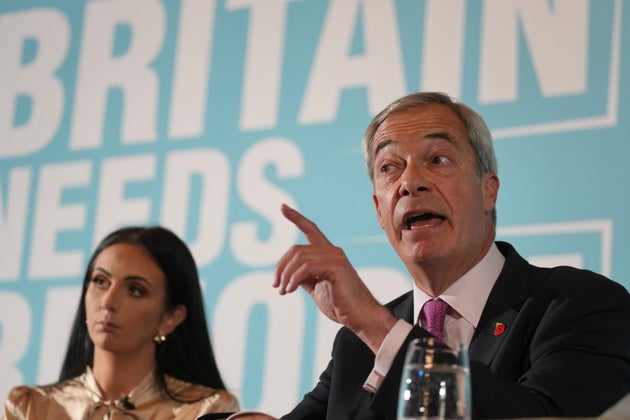How Mortal Kombat (and moral panic) changed the gaming world
<p>On its release in 1993, Midway’s gore-filled fighting game ushered in a new era of hyperviolent gaming that continues to influence the industry to this day</p><p>On 9 December 1993, Democratic senator Joe Lieberman sat before a <a href="https://www.c-span.org/program/senate-committee/video-game-violence/129470">congressional hearing on video game violence</a> and told attendees that the video game industry had crossed a line. The focus of his ire was Mortal Kombat, Midway’s bloody fighting game, recently released on the Sega Genesis and Super Nintendo Entertainment System after a successful run in the arcades. “Blood splatters from the contestants’ heads,” he told the room. “The game narrator instructs the player to finish his opponent. That player may choose a method of murder ranging from ripping a heart out or pulling off the head of the opponent, with spinal cord attached.”</p><p>Lieberman’s aim with the congressional hearing had been to force the US games industry into creating a formal ratings system, preventing minors from buying violent titles. He succeeded in that – the Entertainment Software Rating Board was established as a result of the hearing – but he also boosted a moral panic that had quietly begun with the launch of the Mortal Kombat arcade game in 1992. This then took on more urgency following the high-profile home console release on 13 September 1993 – a global simultaneous launch Midway named Mortal Monday. US news networks were <a href="https://youtu.be/6jdBJYR8SJk?si=GOeKKF82JYt_XPdl">sending reporters to arcades</a>, interrogating teens as they enthusiastically dismembered each other’s fighters. Newspapers were interviewing alarmed child psychologists. The BBC responded by <a href="https://youtu.be/SgMPr0UZObY?si=-uINyE1F_BwrHlpX">featuring the game</a> on its late-night news magazine programme The Late Show, calling in author Will Self to play l
Read original
The Guardian




